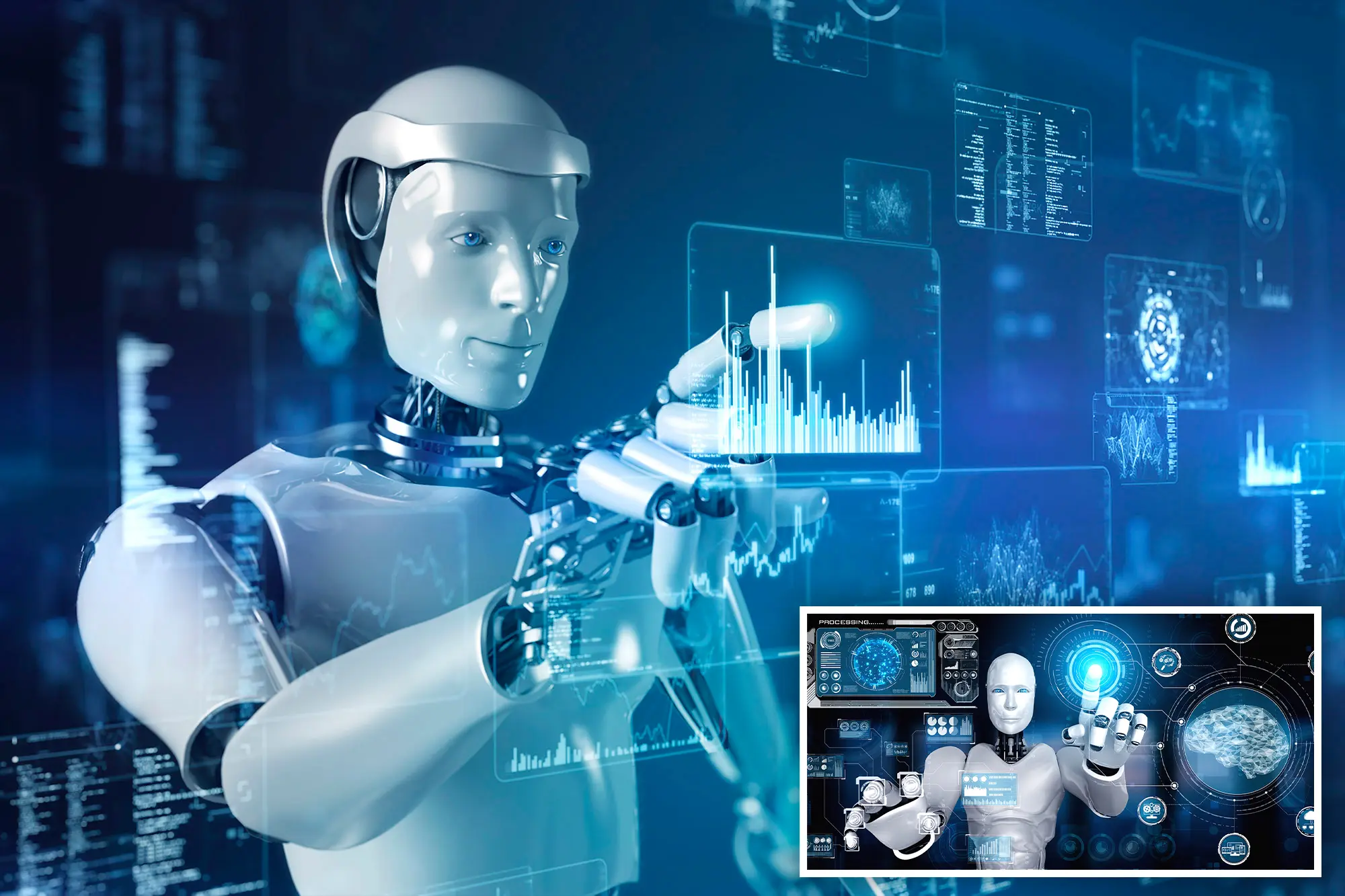Gambling has been around for centuries, but with the growth of artificial intelligence (AI) technology, online platforms and apps are leveraging AI to enable better gambling experiences for players. AI enables them to track user data and behavior more accurately, thereby increasing their chances of success in the game. Gambling sites also use AI to adjust parameters such as odds, pay rates, and payment options according to customer preference.
Types of Gambling and AI Applications
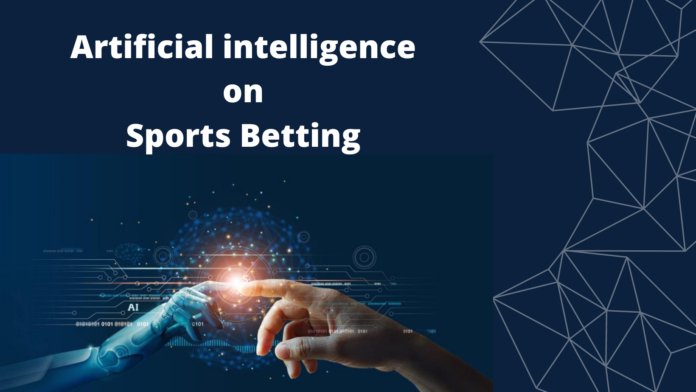
Sports Betting: Betting on sporting events such as football games can be predictive when using AI algorithms. Machine learning models have been developed to identify patterns in data that lead to better predictions for the outcomes of games. AI can detect correlations between teams’ strategies, strategies used by individual players, and past performance on different terrain or weather conditions.
Casino Games: Artificial intelligence is also being used in casino games like poker and blackjack. AI has been shown to be capable of playing against expert humans at the game at an expert level itself. This is achieved through algorithms that learn how to play more effectively based on their experience with how other experienced players behave at the table. Machine learning techniques are also used in slot machines to keep track of where bets are placed more often than others and how payout rates change over time when certain patterns appear more often than others.
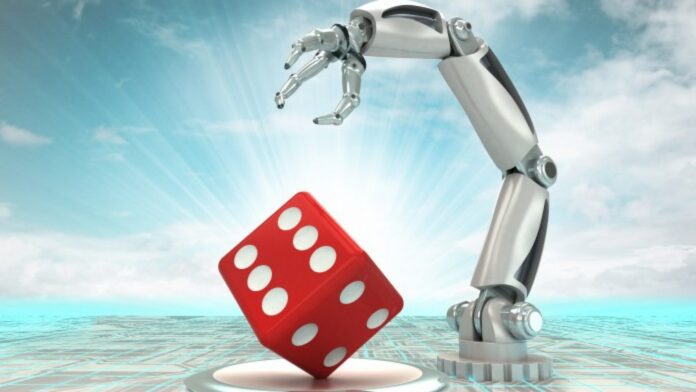
Horse and Dog Racing: AI has become increasingly popular in horse race betting due to its ability to process large amounts of data quickly in order to make predictions about upcoming races based on past performance history or other factors such as weather conditions or track condition predictors. It can also analyze race results from multiple angles with greater precision than human teams would be able to do with manual analysis only. The same kind of analytic processing power is being used for predictions in greyhound or other animal races too – some racing venues now contract with software engineering firms for personalized predictive programs that could give them a leg up over their competition when it comes time to selecting horses for their bettors’ wagers!
Lotteries & Bingo: Lotteries are all about luck but machine learning can help players try out different strategies which can increase their chances of winning not just one jackpot but all types of lottery jackpots across any type of lotto game played worldwide. Additionally, computer vision technology incorporated with neural networks helps players find patterns that they would otherwise miss while detecting “hot” numbers which tend to come up more frequently during certain days/hours/weeks, etc.

Finally, automated bingo card generators use AI algorithms and feature detection techniques that allow them to convert images into interactive cards (that stay unchanged until further manipulation) which facilitates faster game rounds since players no longer need manually draw each card before play starts.!
Benefits of AI in Gambling
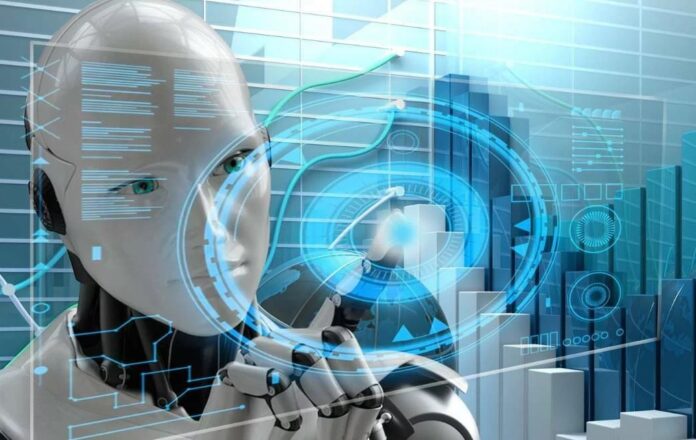
The use of artificial intelligence (AI) in gambling can offer many advantages to those involved. It can be used to study the patterns of past data and predict the future performance of gambling activities. By utilizing machine learning algorithms, AI can rapidly assess large quantities of complex data sets and identify patterns that otherwise might have been missed. As a result, information used in decision-making is more accurate and decisions are made more quickly and with greater confidence than manual methods.
What are the challenges?
Using artificial intelligence to predict outcomes of gambling activities can be extremely challenging, due to the inherent unpredictability of many forms of gambling and the need to understand human behavior and emotions in order to accurately forecast outcomes. Gambling is a mix of luck, strategy, and psychology which makes its prediction difficult to predict accurately with machine learning models.
Artificial Intelligence algorithms used in predicting gambling outcomes must be able to identify patterns in data that correspond to certain behaviors or emotions and make generalizations in order to find predictive factors.
In addition, AI algorithms must also deal with imperfect data sources as well as incomplete or missing information. AI models can struggle when trying to interpret data that is incomplete or missing; this is especially true when dealing with human behavior or emotions which are highly subjective and constantly changing.
AI-based Gambling Predictions
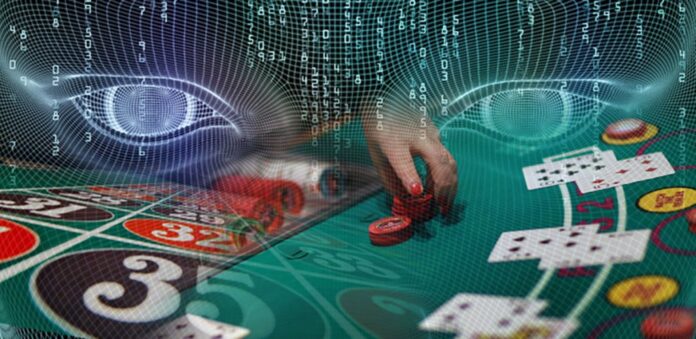
Technologies such as pattern recognition, machine learning, and natural language processing are being used to identify patterns in incalculable data sets that can provide accurate predictions of future outcomes.
By applying AI-based predictive analytics, gambling operators like N1 Casino can apply automated solutions to identify patterns that show the likelihood of certain events or outcomes taking place. For example, they can extract data from a gambling session and use it to predict where the next ball will land on a roulette wheel. AI can also be used to detect anomalies within data that may indicate fraudulent activity or manipulation of odds, as well as fraudulent customers or affiliates.
Predictive models are also being used to develop personalized promotions and bonuses that are tailored specifically toward each customer based on their preferences and habits. This allows operators to better target campaigns and offers based on their customer’s gaming needs whilst staying cost-efficient at the same time. As such, AI is becoming an integral part of how modern-day casinos operate.
Conclusion
After analyzing the available evidence and data, it can be concluded that artificial intelligence can indeed make accurate predictions in gambling. Although it may not replace the intuitive decisions made by experienced gamblers, it can help beginners gain a better understanding of the process. Through its use of data mining tools, AI systems are able to quickly calculate odds and generate highly accurate predictions with minimal effort. This makes the process much easier and more efficient when compared to traditional methods of prediction.
However, it is important to note that AI prediction algorithms are not foolproof. They may not always produce correct results due to human error or faulty programming. It is also possible for them to be manipulated or used by criminals for their own gain. As such, caution should always be taken when relying on such systems for gambling purposes.
